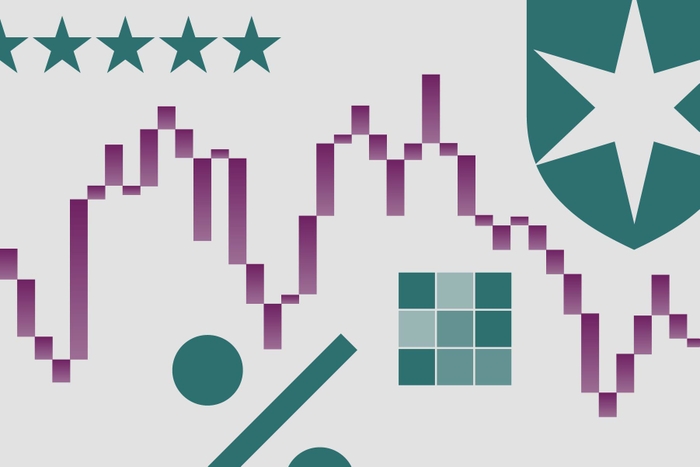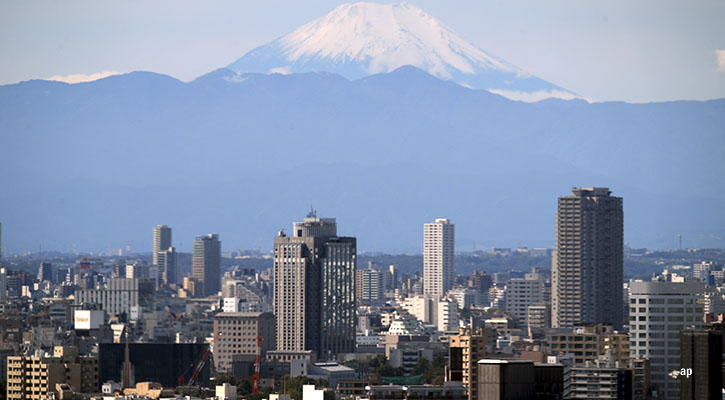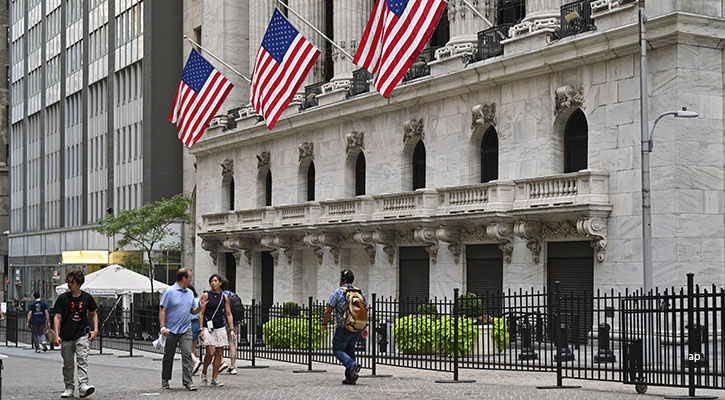Neuberger Berman Team, shed lights on topics such as their team structure, how various risks have affected their investment decisions, and the major portfolio changes over last year.

Category Winner: Best Greater China Equity Fund - Neuberger Berman China Equity USD A Acc
Key Stats
Inception Date: 2009 Jul 14
Morningstar Rating (as of 2015-03-31): ![]()
Total Net Assets (Mil, as of 2015-03-31): 645.31 USD
Manager: Frank Yao
Manager Start Date: 2009 Jul 14
M: Morningstar N: Neuberger Berman Team
M: Could you highlight any major changes you made to the portfolio over the course of 2014? Were there any particular holding that drove the fund’s performance for the year?
N: We tend to invest with a long-term perspective and employ an index-agnostic mindset with respect to our portfolios. As such, we are less inclined to being tactical and reactionary to the day-to-day “noise” and fluctuations within markets, which does not necessitate the need to rebalance against the benchmark. This is resonated in our positioning where the broad biases within the portfolio has remained relatively consistent throughout the year.
For some time now, we have had significant exposure to China A-shares as we tend to find some of the most exciting investment opportunities within this segment of the market. As such, we have been early investors in this space with our thesis coming to fruition in a very meaningful way this year as the A-share market rallied. Beyond A-shares, our investments within the Auto sector contributed positively to performance as our underlying holdings benefit from a trend of ongoing domestic consumption upgrade. Finally, our exposure in Utilities was also a significant performance contributor in 2014.
M: What is your economic outlook for 2015 specific to the markets you cover and how are you positioned to take advantage of opportunities and/or mitigate potential risks?
N: We have a constructive view on China equities for 2015. While growth in China is inevitably slowing, we view that the current re-balancing taking place in the economy will pay long-term dividends. In the interim, we anticipate policymakers will allow for further monetary easing which is something they have scope to do given current inflation levels and real interest rates. The recently announced local government debt swap program helps to alleviate some of the concerns around asset quality in the financial system and may make room for increased bank lending, both of which are encouraging. Finally, we look forward to further constructive reforms being implemented in the areas of state-owned enterprises, financial markets and social/environmental aspects.
As part of our fundamental, bottom-up investment process, we take into account of important policy changes and seek to understand their implications at the company-specific level and the ecosystem in which they operate within. To this end, we currently have exposure to a number of well-managed, high quality SOEs, which in addition to the investment merits of their core businesses, may be potential beneficiaries of SOE reform. We also currently have positions within various companies providing environmental services, which we anticipate will be supported by strong policy tailwinds. Such names stand to benefit from ongoing urbanization, increasing the demand for waste management to water treatment services, particularly given the current emphasis of policymakers on environmental protection.
M: Can you comment on the macro risks facing the global economy, including potential US rate hikes, QE programs in the Eurozone and Japan, and the growth headwinds facing the emerging world? How do these risks affect your investment decisions?
N: The spectre of rate hikes in the US can potentially present some downside to China equities, particularly those listed in Hong Kong. On the other hand, the impact of China A-shares will probably be more benign. Irrespective of this macro risk, our primary focus is to invest capital in high quality businesses that are capable of generating sustainable cash flows and earnings, which are well-positioned to weather shorter-term economic/financial shocks. Given this approach, our resultant portfolios tend to fairly defensive in nature, providing strong downside protection during periods of market capitulation.
M: How is your investment team organized? Have there been or do you anticipate any changes to the investment team or structure over the course of the year? Do you anticipate adding to the team in the near future?
N: Our investment team is currently based across Hong Kong and Shanghai, with the bulk of our research analysts based on-the-ground in the latter. Proximity to existing and prospective companies we invest in is critical to the proper execution of our investment process which requires in-depth knowledge and understanding of their operations. We feel that we are currently adequately resourced but may potentially add to the team opportunistically should we come across individuals who possess the necessary traits and skillsets that align with our investment philosophy. We are conscious of the fact that bringing on the wrong individual can be disruptive to our investment culture and hence, take a very disciplined and patient approach to recruitment.
M: Can you highlight any areas where you feel that the investment team or the investment process can be improved upon?
N: Hubris and over-confidence are perhaps the biggest threats to any investment process. We are conscious that there are boundaries to our knowledge, that we will not get every investment decision right and that there will be occasions where we are humbled by markets. To this end, we make every effort to continuously learn from our mistakes so that we understand how we may have arrived at false conclusions in our analyses (and how to avoid them in the future), and more importantly, so that we become aware of any potential biases we may possess as investors. This process of self-reflection is ongoing and something that never stops. We are constantly learning new things, which we seek to incorporate into aspects of our investment approach from research, to portfolio construction, to risk management.
Click here to see other winner features.

















